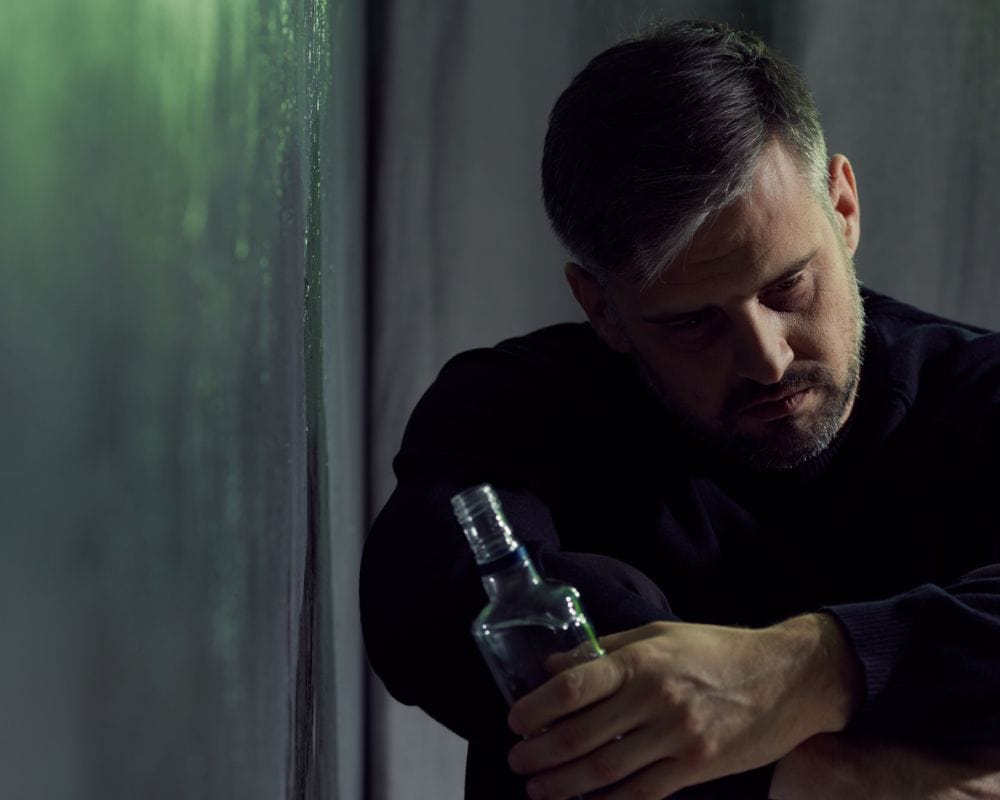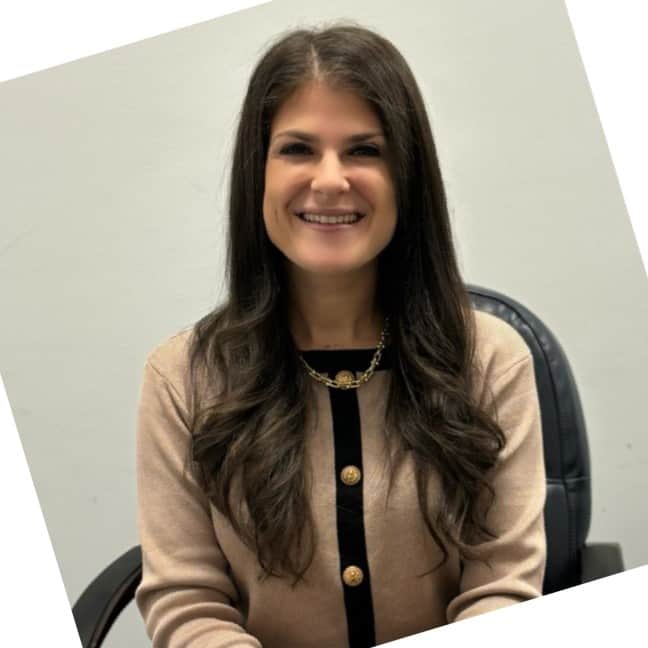The path to wellness is rarely straightforward, and rehab provides the structured environment and professional support necessary to navigate the complexities of these challenges.
Here at Right Path Rehab, we know the importance of differentiating what rehab for mental health and addiction entails, with a focus on comprehensive care, co-occurring disorders, and the importance of the holistic approach to healing.
The Need for Rehab: Addressing Mental Health and Addiction
The need for rehab is so important when addressing both mental health and addiction, as these issues are often deeply connected. Without proper treatment, individuals may find themselves trapped in a cycle where mental health struggles lead to substance abuse, and substance abuse further deteriorates mental well-being.
Comprehensive rehab programs that address both aspects simultaneously are essential for breaking this brain cycle, providing the tools necessary for long-term recovery and stability in life.
How Mental Health and Addiction Are Linked
Many individuals struggling with mental health issues, such as anxiety or depression, may turn to drug use as a way to self-medicate, which can lead to dependency. Conversely, substance abuse can worsen existing mental health conditions, making them more severe and difficult to manage, opening a door for addiction. Understanding this link is crucial for effective treatment and recovery.
Self-Medication
Individuals often turn to drugs or alcohol to cope with untreated mental and behavioral health treatment or issues, leading to substance abuse and dependency.
Worsening Symptoms
Substance abuse can exacerbate symptoms of mental health conditions like anxiety, depression, or PTSD, making them more severe and resistant to treatment.
Shared Risk Factors
Both addiction and mental health disorders often stem from similar risk factors in life, such as trauma, stress, and genetic predisposition.

Comprehensive Care: A Holistic Approach
Comprehensive care in rehab addresses not just the symptoms of addiction or mental health disorders but the root causes as well. This approach involves a combination of therapies and treatments designed to support the whole person—mind, body, and spirit. The goal is to equip individuals with the tools they need to manage their conditions for life long after they leave the rehab environment.
Key components of comprehensive care include:
Medical Detoxification
The first step in many treatment programs is detox, where individuals are safely weaned off substances under medical supervision. This process helps manage withdrawal symptoms and ensures that the body is free of harmful substances before starting other forms of treatment.
Therapy and Counseling
Various forms of therapy are integral to rehab. Cognitive Behavioral Therapy (CBT), Dialectical Behavior Therapy (DBT), and other evidence-based approaches help individuals working with this treatment learn the underlying causes of their addiction or mental health disorder, develop healthier coping mechanisms, and address negative thought patterns.
Medication Management
For those with mental health disorders, medication can be an essential part of treatment. Antidepressants, anti-anxiety medications, or other psychotropic drugs may be prescribed to stabilize a person’s mood and reduce symptoms, allowing individuals to engage more effectively in therapy.
Holistic Therapies
Rehab centers often incorporate holistic therapies and services such as yoga, meditation, art therapy, and mindfulness. These therapies promote overall well-being, reduce stress, and help individuals healthily reconnect with themselves.
Life Skills Training
Comprehensive rehab also includes teaching life skills crucial for maintaining long-term recovery. These include everything from stress management and healthy communication to financial planning and job readiness.
Family Therapy
Addiction and mental health issues do not just affect the individual—they impact the entire family. Family therapy sessions help heal relationships, improve communication, and provide family members with the tools to support their loved one’s recovery.

Co-occurring Disorders: Mental Health Services
A significant percentage of individuals who seek rehab services struggle with co-occurring disorders, also known as dual diagnosis. This term refers to the presence of both a mental health disorder and a substance use disorder.
For example, someone may struggle with depression and alcohol addiction simultaneously. Treating these disorders requires treatment programs and behavioral health services that address both conditions at the same time.

Integrated Treatment Programs for Co-occurring Disorders
The integrated treatment model is considered the gold standard for addressing co-occurring disorders. In this approach, mental health and addiction are treated together rather than being treated separately. This dual diagnosis treatment acknowledges that these conditions are often intertwined and that treating one without addressing the other is unlikely to lead to lasting recovery.
Dual diagnosis treatment includes:
Coordinated Care
Mental health professionals, addiction specialists, and primary care providers work together to create a unified treatment plan.
Tailored Therapy
Therapies are adapted to address specific needs when it comes to both substance use and mental health disorders.
Medication Management
Careful monitoring and management of medications to ensure they are effective for both mental health conditions and substance use issues.
Peer Support Groups
Group therapy or 12-step programs that cater specifically to individuals with dual diagnoses provide a sense of community and understanding.

The Role of Aftercare in Sustained Recovery
Rehab is just the beginning of the recovery journey. To maintain long-term sobriety and stability, aftercare is essential. Aftercare programs provide continued support for recovery as individuals transition back into their everyday lives.
Components of Aftercare
Aftercare is essential to the recovery process, providing ongoing support and resources to help individuals maintain their sobriety. Key components typically include:
Outpatient Therapy
Behavioral and mental health treatment, along with a therapist, can help individuals navigate the challenges they face after leaving rehab.
Support Groups
Continuing participation in groups like Alcoholics Anonymous (AA), Narcotics Anonymous (NA), or other support networks can provide ongoing encouragement and accountability.
Sober Living Homes
For those clients who need a more structured environment after the treatment facility, sober living homes offer a drug-free space where residents can continue to build their recovery skills.
Relapse Prevention Plans
Developing a personalized relapse prevention plan is crucial. This plan might include identifying triggers, creating a support network, and strategies for coping with stress without turning to substances.

A Path to Healing
Rehab for mental health and addiction is a transformative process that offers individuals the tools they need to reclaim their lives. With a focus on comprehensive care, the treatment of co-occurring disorders, and robust aftercare, rehab provides treatment options for lasting recovery.
Whether you or a loved one is considering rehab, education and understanding the components of effective treatment can help you make informed decisions and take the first step toward a healthier, happier life.
Reach out to Right Path Recovery to begin your journey today.

